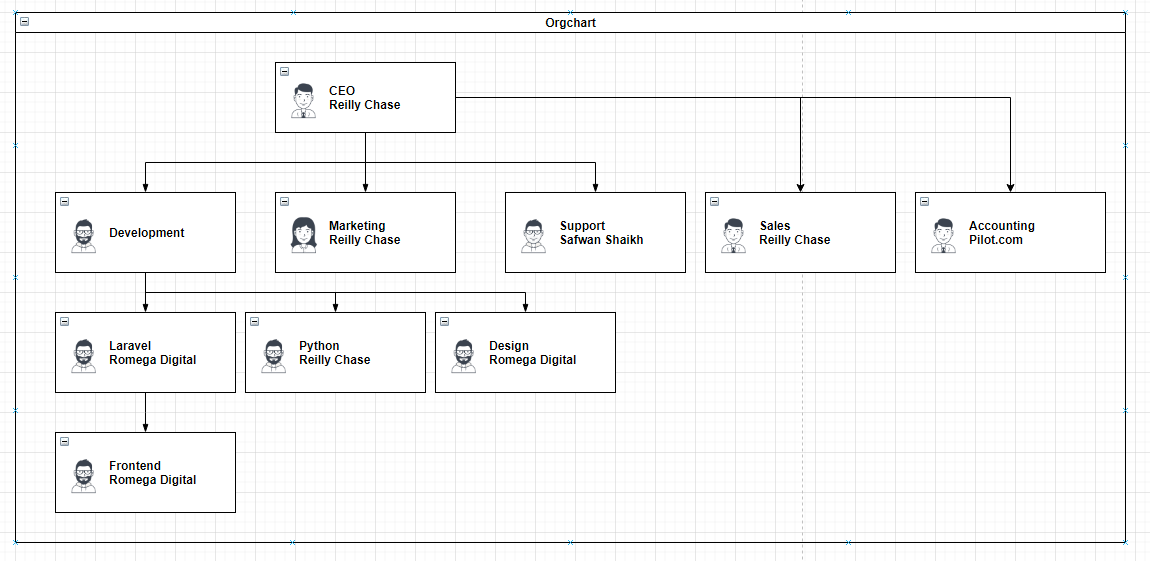$374K ARR

It's been 4 months since I wrote a blog post. I've been keeping busy. Today I just feel like I have a lot to say so here's an update about what's on my mind and the challenges I'm working through at this stage in my business.
Imagine making money while you sleep, never waking up to an alarm clock, and planning out your schedule each week to work on the things that you want to work on. You spend your time reading books, programming, talking with people about their businesses each day, and researching things that you find interesting, not because you need to make money, but just because it's fun.
This is my life right now. I'm 27 years old and I guess this is what it feels like to be retired? I run a small online business, own a small house in a small town in Michigan. I bought it cash a few months ago. No debt, hardly any bills. I live with my fiancee. We've got 10 acres of land, a few dogs. We're taking care of some puppies and kittens right now until we find homes for them. We like to drive around in the woods on ATVs, have huge bonfires, barbecue, swim in our pool, and work on projects around the house. We're living the New American Dream™.
I have more wealth, freedom, and happiness now than I've ever had before.
I can't really put into words how good it feels, and how grateful I am everyday for all of the people and my customers who helped me get here. Special thanks to Tyler Tringas, everyone in Earnest Capital, my fiancee Emily, and my right-hand man Safwan Shaikh.
The business made over $30,000 in revenue last month, but I'm not upgrading my lifestyle with each uptick. Quite the opposite actually. Having a business really changed my outlook on money.
The lower I can keep my personal burn rate, the more money I can put into the business, the faster it can grow, the bigger the impact it can have. That results in more interesting things I can then build with the money it makes. The lower my expenses are, the less bad feelings like stress, fear, worry, the longer I can live off of savings if my business revenue dries up for some reason and I need to pivot.
I just want to be able to keep creating and learning new things, being in control of my life, and not dependent on any one customer or employer.
I've had my share of lucky breaks along the way. From starting a software service that is following in the success of Ubiquiti's growth, to getting fired from my job which pushed me into the business full-time, being accepted into Earnest Capital, and convincing Safwan Shaikh to quit Ubiquiti to come work for my tiny startup. All of those things were out of my control, and had a really big impact which helped get me to where I'm at.
But of course it also wasn't all luck. Two and a half years ago, when I started on this journey, I had no idea everything would happen so fast. But I did know it would happen eventually. I built the business very intentionally at each step, with the outcome in mind from the start that it was going to make me more money than I could make at my job as a Security Analyst, take less of my time, and would be both a scalable and sellable asset.
I read The Millionaire Fastlane by M.J. DeMarco which originally taught me about separating time from money with a product or software business. After that I decided to start a SaaS business, and followed closely in the footsteps of the path that Tyler Tringas had blazed with Storemapper by reading his Micro-SaaS Ebook. Later on, I learned what it was going to take to remove myself from the day to day operation of my business by reading Built to Sell and The E-Myth Revisited.
Today I'm at that place that I wanted to get to when I started on the journey. I have a business where I'm not trading my time for money, it's scalable, and although I have no plans to sell it, it is also sellable. It's an asset worth around $1M right now. I work on the business about 40 hours per week usually, but I really only have to work on it an hour a day or less if I want to (and sometimes I do).
I put that to the test over the last two weeks to see how much I actually am required for anything on a day to day basis. I stopped doing support entirely to see what would happen. This gave me an opportunity to uncover any problems with our processes.
What can't my support employee Safwan do without me, and how do I fix it so he can do those things?
I had to do it because I've been busy these last few weeks, focused on Python development. We're building a new website platform and I'm writing scripts for the Laravel backend that Romega Digital has been developing for us.
In addition to stepping out of managing support, I changed my calendar so I only do sales demos on Tuesdays and Thursdays that way I can have more uninterrupted time to write code.

Normally I log in each day to our ticket system Intercom and I work alongside Safwan. I read everything that goes on, assign tickets to him, leave notes, close tickets. I realized I've been managing too much. I don't actually need to do all of that. He's been working here almost a year now and he knows all the processes inside and out, I don't need to manage every ticket coming through.
Two weeks ago I told him. I'm not logging into Intercom any more. If there's a ticket that you need my help with, assign it to me and Slack me to remind me to look into it. I'm not answering the support phone any more either, so keep an eye on that and call back on any voicemails that come in.
He's been totally on his own! Instead of me logging in each day and assigning tickets to him, and closing tickets, it was up to him to keep the ticket queue clean, make notes, and assign tickets to me if needed.
He did a great job and of course I thought, why didn't I do this sooner? I think I felt I had to always be there to make sure it was being done right, which is probably valid when you hire someone new, but he knows what he's doing now and has for a long time already.
Whenever a ticket did get escalated to me, and it's been only a couple over the last two weeks, I've made a note of it. There are certain things he doesn't have access to be able to fix for a ticket and I need to work on creating systems where he can get access to those edge case things without needing me.
The ultimate goal is for me to be able to step away for weeks and nothing bad happen during that time.
This week I started thinking again about the org chart in the E-Myth Revisited. The book said you should stop thinking about yourself as one person doing everything, and create an org chart for your business, splitting up roles that will someday be filled by actual employees. Write your name on each role for now, and later figure out how to fill each of them.
Here's my org chart for HostiFi right now:

In the beginning I was doing everything - "CEO", development, marketing, support, sales, and accounting. Last summer I hired Safwan Shaikh to take over the support role. Shortly after that I hired Pilot.com to do our books. Then I hired Romega Digital around November of last year to take over design and most of the development department. They're building a new Laravel website for us. Since then I've been putting my effort into the other roles - "CEO" (managing Romega Digital and Safwan), marketing (social media, podcasts, blog posts), sales (doing demos over Zoom), and some Python development.
Handing off roles was not easy. I first had to learn them inside and out on my own, and then develop step by step processes for how to handle all the things that come up within that role. I wrote about how I did that for the support role.
For the development role, I was looking to make a full-time hire for that as well last November, but I ended up hiring Romega Digital because I didn't know enough about that side of the business to be able to create the right processes and I knew I needed help fast. With their help, they've built a strong foundation for our new website and now will be able to teach me how it works. Hopefully soon I'll be able to hire someone full-time once I understand it better. That person will probably need to be senior level to make up for the fact that it's not my strongest area though. I'm hoping to hire one person who can do Laravel, Python, and frontend but it might need to be broken down into two or three different roles with one full-time, one part-time or still outsourced.
With the accounting role, I'm not an expert there either and don't want to be, I'm happy to outsource that role indefinitely and Pilot.com has been doing a good job with it.
Sales and marketing are roles that I still need to develop into processes and hand off eventually, but we're growing so fast without a lot of effort there right now that it's just not a priority.
Well, that's pretty much what it's like being at this stage with the business. I really don't have to work if I don't want to, but of course I'm working any ways because I want to keep growing it. We're sprinting toward $1M ARR and I'm still working on building an awesome, lean team. We're going to need that Laravel developer soon, that will be our next hire.
Why is $1M ARR the new goal? Obviously it's the next coolest thing after $100K ARR, but lately I've been realizing the importance is more business maturity related than just another number. I've been watching Nathan Latka's SaaS Shark Tank episodes and I noticed that the businesses under $500K ARR get offers at lower multiples and are less attractive to buyers. It's because there is too much risk with the business being that it's typically still too dependent on the founder(s).
With $1M ARR we'll have solid capital to support a minimum viable team to fill all the slots in the org chart comfortably. We need about two developers, two technical support engineers, and a person for sales and marketing, and we're going to need about $1M ARR to support that dream team.
Maybe we're going to get that minimum viable team on the back of just UniFi and UNMS hosting, or maybe we're going to pivot to some other products to get there, we'll see, but that's the vision. I've got lots of other products I want to develop, but right now I'm just forcing myself to stay focused on UniFi because we're really riding that wave still and there are many more features and automations I want to build into our hosting platform yet.
